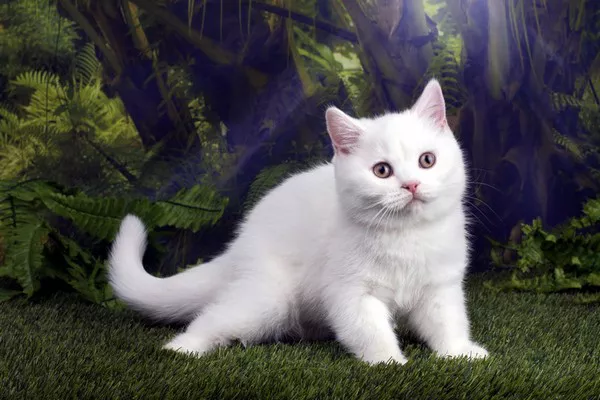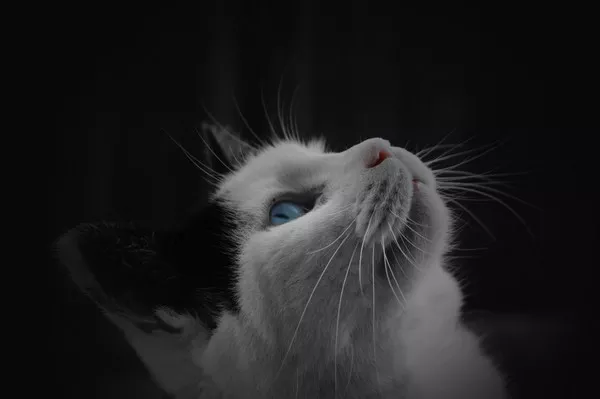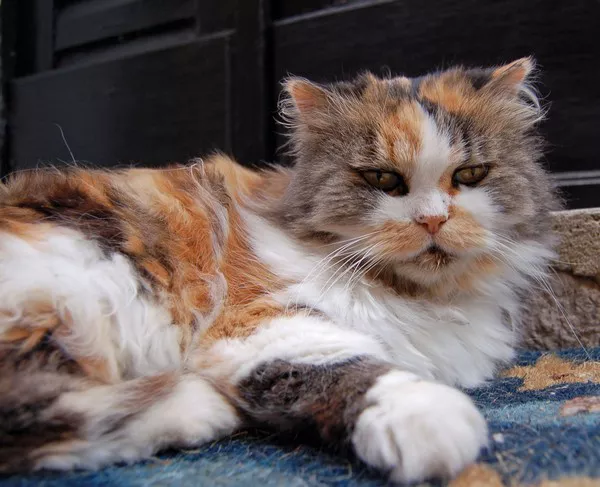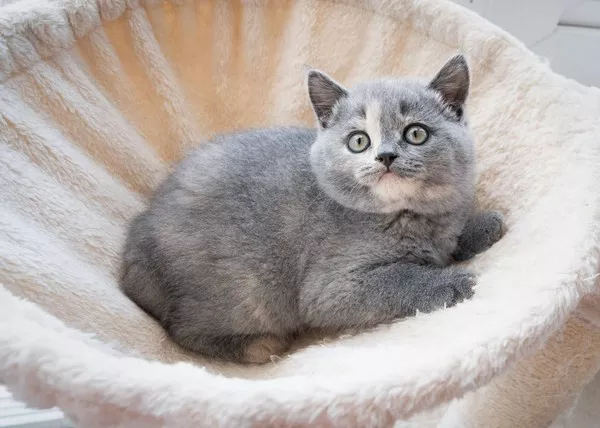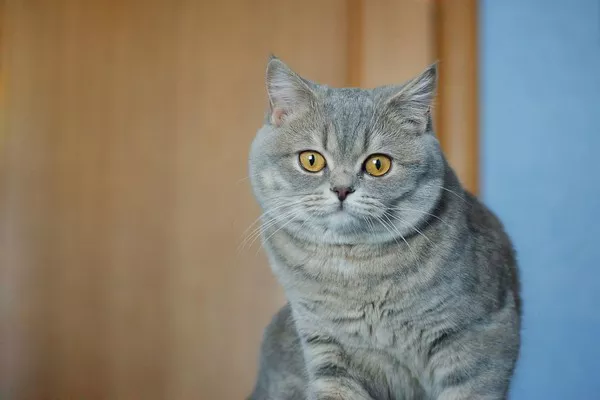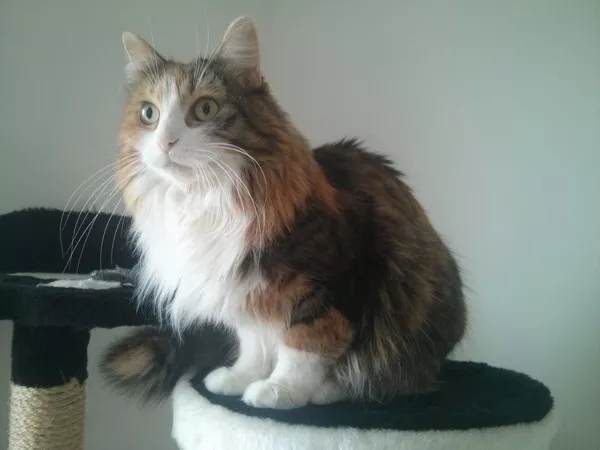British Shorthairs are one of the most popular cat breeds in the UK, known for their distinctive blue-grey coats and affectionate nature. They are often described as “teddy bear cats” due to their round faces and plush, cuddly appearance. While these cats can adapt to living both indoors and outdoors, it’s important to consider what environment is best for their health and happiness.
Indoor vs Outdoor Living
Indoor cats have become increasingly common in recent years, with owners recognizing the benefits of keeping their feline friends inside. An indoor environment offers protection from traffic, predators, and other dangers that outdoor cats may encounter. It also reduces the risk of infectious diseases and keeps cats away from potentially harmful chemicals or plants.
On the other hand, outdoor cats have the opportunity to exercise, explore, and engage in natural behaviors like hunting and climbing. They can also benefit from exposure to sunlight, which helps regulate their sleep-wake cycles and boosts vitamin D production. However, outdoor cats face numerous risks, including exposure to parasites, injuries, and accidents.
Considering the needs and preferences of individual cats is crucial when deciding whether to keep them indoors or allow them outdoor access. For British Shorthairs, the decision may depend on factors such as their age, personality, and health status.
British Shorthair Characteristics
British Shorthairs are known for their calm and affectionate demeanor, making them ideal companions for indoor living. They are not particularly active or energetic, preferring to spend their time napping or lounging in comfortable spots. These cats tend to be adaptable and can thrive in different living situations, as long as their basic needs are met.
However, British Shorthairs are also prone to obesity, which can lead to various health issues. Lack of exercise and overfeeding are common reasons why these cats may become overweight. Indoor living can exacerbate this problem if owners don’t provide enough opportunities for physical activity. It’s essential to engage British Shorthairs in interactive play and encourage them to use scratching posts or climbing towers to maintain a healthy weight.
Indoor Enrichment
Indoor cats require environmental enrichment to prevent boredom and promote mental stimulation. Without the opportunity to engage in natural behaviors like hunting, climbing, and exploring, indoor cats may become lethargic and develop behavior problems such as destructiveness or aggression.
To keep British Shorthairs entertained and happy indoors, owners can provide a variety of toys, scratching surfaces, and climbing structures. Puzzle feeders and interactive toys can also stimulate their minds and encourage them to exercise. It’s important to rotate these items regularly to prevent boredom and maintain interest.
Owners can also create safe outdoor enclosures or “catios” to give their feline companions access to fresh air and natural stimuli while remaining protected from potential dangers. These enclosures can be designed to include climbing structures, hiding spots, and perches, providing an enriched environment that meets both physical and psychological needs.
Outdoor Safety
If owners decide to allow their British Shorthairs outdoor access, it’s important to take steps to ensure their safety. This includes keeping cats up to date on vaccinations and parasite prevention, providing identification such as collars with tags or microchips, and supervising outdoor time to prevent accidents or injuries.
It’s also crucial to create a secure outdoor space that protects cats from potential hazards. This may involve installing fences or netting to prevent escape or injury from falls. Owners can also create a designated outdoor space that is free from toxic plants or chemicals and provides access to fresh water and shaded areas.
Conclusion
In conclusion, British Shorthairs can adapt to living both indoors and outdoors, but the decision should depend on their individual needs and preferences. Indoor living can provide protection from potential dangers and promote health and happiness, but requires owners to provide adequate environmental enrichment and physical activity. Outdoor access can offer stimulation and natural behaviors, but requires precautions to ensure safety and protection from hazards.
Regardless of the living situation, British Shorthairs require love, attention, and care from their owners. By meeting their basic needs and providing an enriched environment, owners can help these beloved cats thrive and enjoy a happy and healthy life.

